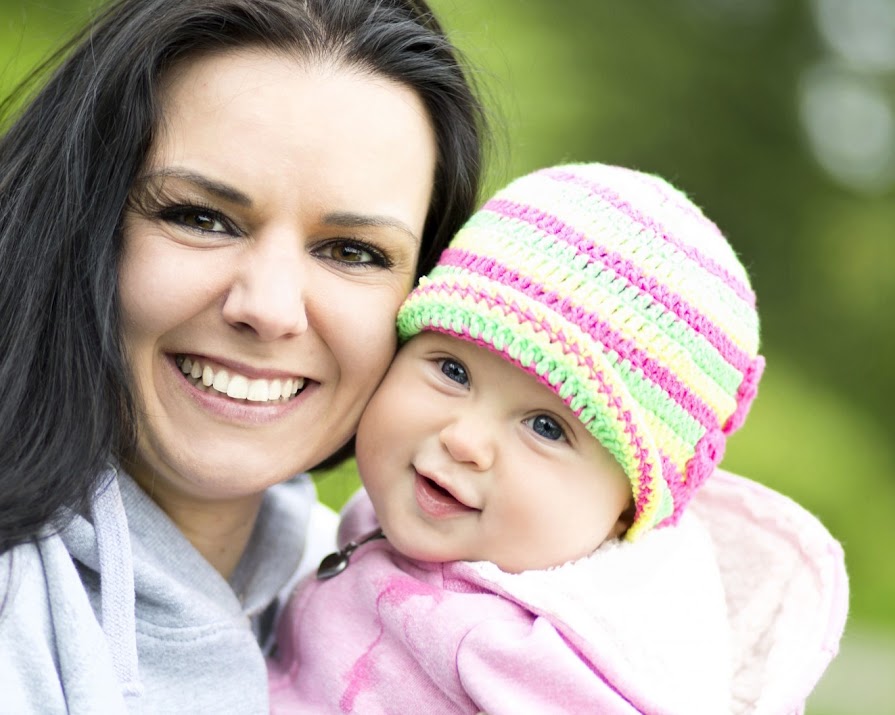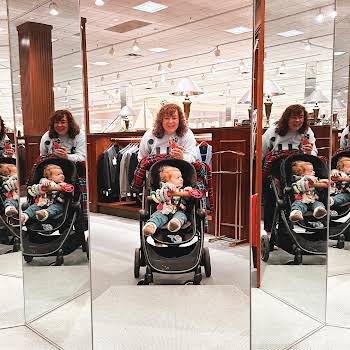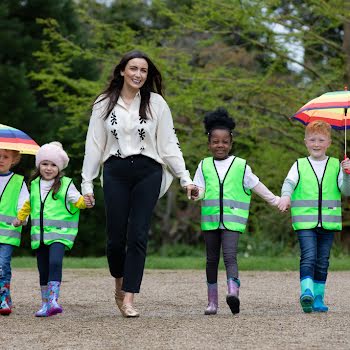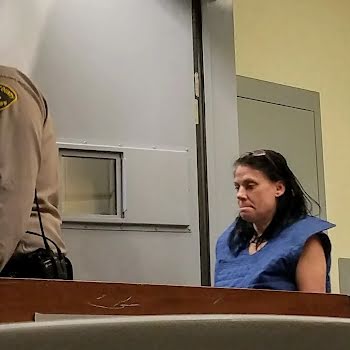
By Lia Hynes
18th Sep 2020
18th Sep 2020
single parenting
When Liadan Hynes’ marriage fell apart she had to work on adjusting to the new reality.
I listened last week to a parenting podcast, which is not something I normally tend to do. This one caught my eye because it was described as advising on how to parent after separation and divorce. It was a conversation between the host (not separated) and a psychotherapist (who never mentioned personal experience of being separated but has counselled many clients who are).
They discussed how parents handle divorce as it relates to their children, the pitfalls and problems, and I went from interested, to slightly raging, to talking myself down (don’t be that person who gets on a high horse about something they’ve read/heard online and then fires off an angry message), to thinking what the hell would you think if you were just freshly separated and listening to this.
Absolutely terrified, was the answer.
Enough to feel bad about
The host’s tone was one of muted horror – something you come across a lot when your marriage breaks down. A sort of there but for the grace of God-ishness. And the expert listed off reams of bad things parents in this situation tend to do, which can be damaging to their children.
They used the word ‘traumatised’ about children, I raged to a friend. She paused before reacting, and I went on, knowing what she was trying to say. I know, I’ve probably used it myself about other situations, and yes I am triggered happy when it comes to this one. And possibly oversensitive.
Look. Obviously it’s good to see this kind of thing being covered. And yes it’s likely I am oversensitive.
But.
If you are discussing co-parenting in a divorce, know this. ALL conversations around co-parenting, especially those where experts offer advice, need to take part from the baseline understanding that within this situation, people are not necessarily operating from a place of 100% choice.
They may wish everything to be entirely amicable, to have a sort of melded life at some points, but this just simply might not be an option on the table. You do not know what kind of partner they are dealing with. What they need to do to protect their mental health.
Describing the failure to achieve this kind of co-parenting situation in terms of something they have chosen not to do, the implication being that they are then letting down their children, are actively deciding not to put their children’s best interests first, is to just not understand the basics of co-parenting.
It’s like a child giving out it doesn’t have another sibling when this was never an option, for various reasons. Some situations do not offer the people involved the full gamut of choice. People going through a separation have enough to feel bad about, they don’t need the outside world judging them for failing to manage some sort of idyllic co-parenting situation.
Tired, old stereotypes
Anyone offering advice on this situation needs to be aware, and temper their tone, to the fact that chances are the people involved already feel awful/terrified/wracked with guilt that something THEY have done, not something that happened and they must now protect their children from, but an action of theirs (unless it was entirely the spouse’s decision) will have dire consequences for their children’s well-being.
Of course, this is hard on everyone involved, there is no point denying that. But ideally, a conversation should include someone who has been through this situation and come out the other side, who can provide a reassuring note that everyone gets through to the other side.
And finally, people going through marital breakdown do not need to be patronised to. The expert here listed off a number of situations former couples going through a divorce fall back on to score points off each other. No need to reduce us to a sum of tired old stereotypes, thank you. You’ll find that most people in this situation are doing their best, given the reality within which they now find themselves.
The reality of single parenting
I am over two years into a separation and we co-parent amicably, so my own reality enabled me to buffer myself from the fears this conversation would have inspired if I was only starting out on this.
But the whole thing felt frustratingly out of touch with where the conversation is now around divorce. “She’ll get to school and half the class will be from separated parents,” a teacher friend told me in the early days. It wasn’t that we were delighting in the struggle of others, but rather to say that my daughter wouldn’t feel othered by her situation because it’s so normal nowadays.
Another friend at the start told me how, after her parents separated, her mother (a woman of an older generation), had to make an entirely new group of friends, suddenly ostracised as she was from the social set of her marriage. In her forties, she also had to figure out a career for herself, having given hers up to raise children.
It’s not that this doesn’t happen anymore, but it’s far less likely. For one thing, a woman is more likely to be still working, so she has a world and some financial recourse beyond her marriage. Zoe Desmond’s app Frolo means a whole community is there waiting for any single parent.
The reality of being a single parent, or a child of divorced parents, is changing. It can be okay, a message which felt entirely lacking from this interview. Probably best to also tell it from the inside out, rather than just look on in horror, or advise us, from the outside.
Photo: NeedPix
Read more: Things Fall Apart: Living alone can be lonely, and then suddenly it’s not
Read more: Things Fall Apart: Bank holidays can expose the loneliness of single parenting
Read more: Starting over: How to put your life back together after divorce























